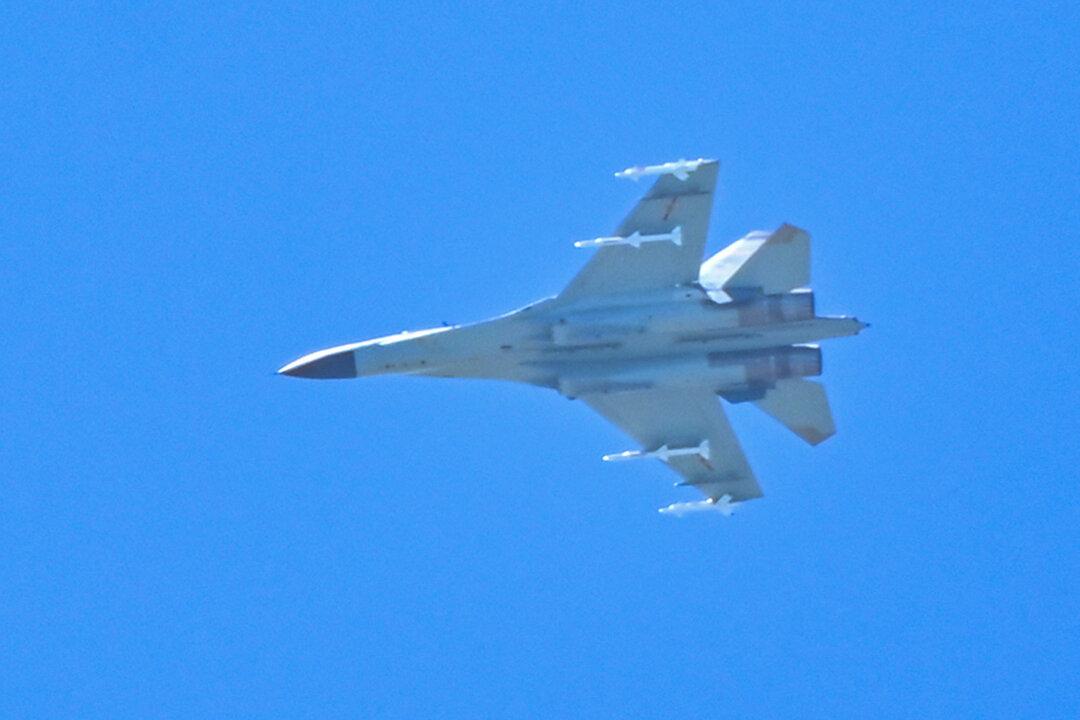Taiwan’s military detected four Chinese aircraft and three naval vessels near the island nation on Jan. 25, Taiwan’s defense ministry said, just two days after President Tsai Ing-wen wrote a letter to Pope Francis.
The Chinese military aircraft and naval vessels were detected at around 6 a.m. (local time). There was no indication that the aircraft crossed the Taiwan Strait median line or into Taiwan’s airspace, according to the ministry.





